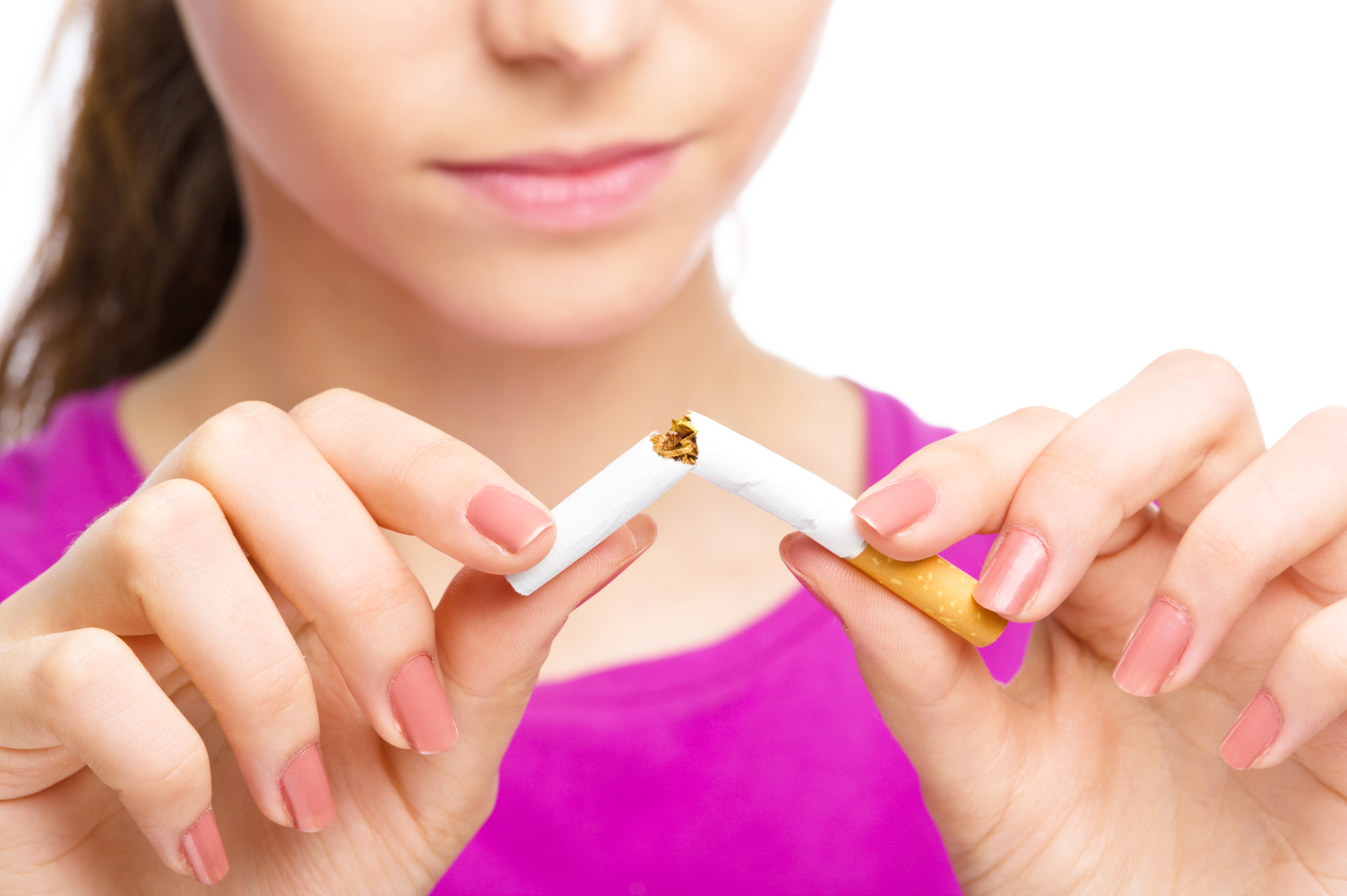
Expert Tips for How to Quit Smoking
Many people are aware of the many negative effects smoking has on their health. Smoking can cause gum recession, increase your risk for several types of cancer, cause lung and cardiovascular disease, and significantly reduce bone density. These are only a few of the ways that smoking can negatively affect your health. If you want to quit smoking for good, here are quit smoking tips that can help:
1. Drink lots of water
Drinking more water will help flush nicotine from your system and prevent the cravings caused by withdrawals. If you are looking for an easy way to drink lots of water, try adding fresh fruits (like berries or citrus) or vegetable juices like cucumbers to your water.
2. Sweat it out
Nicotine is also a diuretic, so when you stop smoking and try smoking cessation quit the bad habits that go along with it (like having an unhealthy diet high in refined sugars), getting rid of excess fluid is one way to flush nicotine from your system and reduce cravings. You can do this by getting your sweat on with regular exercise, like a brisk walk, run, or bike ride. You can also try using saunas or steam rooms to help sweat to flush nicotine and boost circulation.
3. Eat an antioxidant-rich diet
While smoking is bad for your mouth, it can lead to malnutrition and reduce your body’s ability to fight off infections because of its negative effects on vitamin C levels (which helps with immunity). Eating a diet rich in antioxidants like fruits, vegetables, nuts, and legumes will help boost your immune system, so you can quit smoking for good.
4. Acupuncture
Acupuncture is one of the oldest forms of Chinese medicine that has been used to treat many different ailments, including pain relief, stress reduction, detoxification (i.e., flushing toxins), anxiety management, and nausea. If you are looking for a natural way to manage cravings, try acupuncture.
5. Nicotine replacement products
Since smoking can cause malnutrition due to its effects on vitamin C levels, you can use nicotine replacement products like nicotine patches, nicotine gum or nicotine lozenges, which help prevent these deficiencies while also weaning you off slowly while providing temporary relief from the symptoms of nicotine withdrawal.
6. Avoid smoking triggers
To help quit smoking for good, try to avoid triggers that will make you want to smoke. This means avoiding the people and places where you used to smoke, so your cravings are easier to manage.
7. Ask about prescription options
If you are looking for a more significant way to quit smoking, ask your doctor about prescription pills that can help. Prescription medications like Chantix are often incorporated into smoking cessation programs, and can help reduce the cravings and withdrawal symptoms associated with quitting smoking while also making it easier to avoid triggers in the long term.
8. Reward yourself
If you are working hard to quit smoking for good, try rewarding yourself. This can be anything from taking a bubble bath or going somewhere fun with friends, but it will make quitting much more enjoyable!
9. Avoid alcohol
Alcohol and cigarettes go hand in hand for many smokers. So avoiding drinking alcohol may be a must while trying to quit. Drinking too much alcohol can cause dehydration and actually increase your cravings, so if you want to quit smoking for good, avoid drinking too much alcohol until you have a handle on quitting.
10. Take care of yourself
If you want to be successful in quitting smoking, make sure that your overall health is good (i.e., get enough sleep, reduce stress, and eat a healthy diet). If you are taking care of yourself, it will be easier to manage nicotine withdrawal symptoms when you quit smoking for good.
There are many different ways to quit smoking for good, so don’t get discouraged if one method doesn’t work. The expert tips outlined above will help in flushing nicotine from your system and reduce cravings while you wait out the initial withdrawal symptoms.


